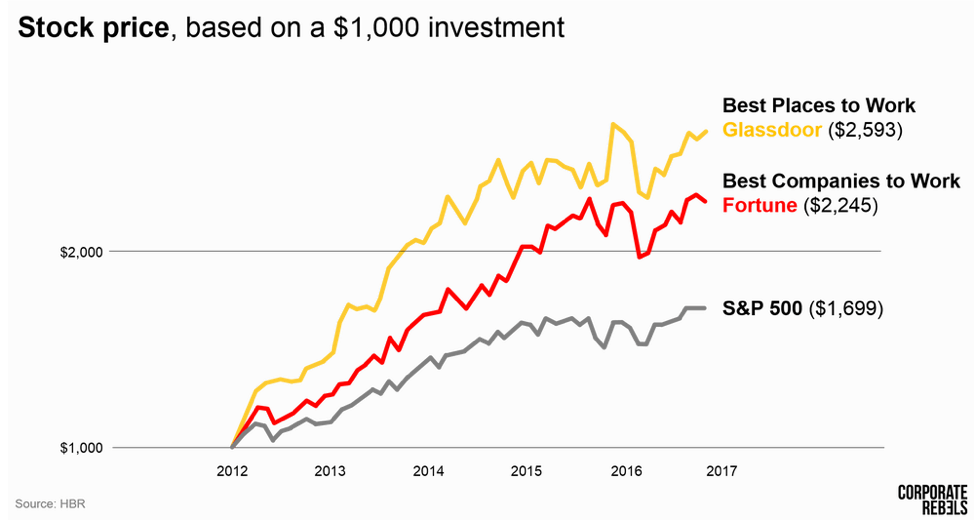Forget Artificial Intelligence: The Future of the Workplace is Relationshipism

Rooted in the fields of cognitive science and social intelligence,
Relationshipism is the theory of being relationship-centered in all aspects of life and especially in organizations. It’s the global evolution of production-centered theories like Fordism and Taylorism.
At the turn of the century, these theories changed the landscape of the Industrial Revolution by addressing the need for safer mass production and increased employee efficiency. Now, the practice of Relationshipism drives today’s Industry 5.0 by recognizing that organizations thrive when they’re built on secure, purpose-driven relationships.
During our three-day World BRMConnect conference in New Orleans, Business Relationship Management Institute (BRM Institute) formally introduced Relationshipism as a term and as a theory to the single, global community.
Through the practice of Relationshipism, which emphasizes building trust among teams through authentic relationships, people feel empowered to satisfy their own purpose and to work towards a common goal. Organizations across the world are recognizing shareholder value is no longer the sole measure of success.
“Purpose is not the sole pursuit of profits but the animating force for achieving them. Profits are in no way inconsistent with purpose — in fact, profits and purpose are inextricably linked.”
True organizational value encompasses the satisfaction of individual purpose, organizational purpose, and societal impact.
Cognitive science demonstrates that energies are contagious. When people feel happy, inspired, and satisfied with how they spend their time; productivity and value are natural outputs. Thus, when positive energies spread through authentic relationships, value is likewise generated and multiplied.
Moreover, profitability is not sacrificed at the expense of pursuing authentic relationships. In fact, when organizations focus on keeping their people happy, the success of these “best places to work” far exceeds the overall market.
Simply put, Relationshipism aims to achieve profit while also optimizing employee satisfaction by identifying recognized value.

“The key to business success is maximizing human potential, accomplished through leadership effectiveness, values, and trust. Get those pieces right, and you will see innovation and financial growth.”
Each year, Great Place to Work surveys millions of employees in more than 50 countries to glean their insights on what makes them love the work they do, and to learn how their employers have created an exemplary work environment. The graph above is based on results from their Partnership with Fortune for their “Best Companies to Work For” survey.
This survey is based on six metrics: Values, Innovation, Financial Growth, Leadership Effectiveness, Maximizing Human Potential, and Trust.
“Relationshipism is a natural progression, a return to our core and the triple bottom line of people, purpose, and planet. This evolution requires a community that is both open and willing to evolve towards meaningful results brought to life through the relationships around them. Our single global BRM community comprised of global business leaders has been proving the value of relationships over the last six years. Now, we look forward to continuing to solve the world’s big problems together; adding infinite value to organizations and helping people satisfy their purpose.”
Relationshipism has always been here.
While this is the dawn of the term Relationshipism, the premise and truths that give it life are infinite. Global trends towards empowering people, promoting trust, and improving connections can be found in the earliest philosophies.
Relationshipism defines the tools, strategies and knowledge to drive happiness and strategic value through these trends. Ultimately, through the practice of Relationshipism, science and business converge in a return to the very thing that makes us human – relationships.
To learn more about the science, scope and application of Relationshipism, tune into BRM Institute’s livestream of this year’s keynote speakers at the World BRMConnect Conference.